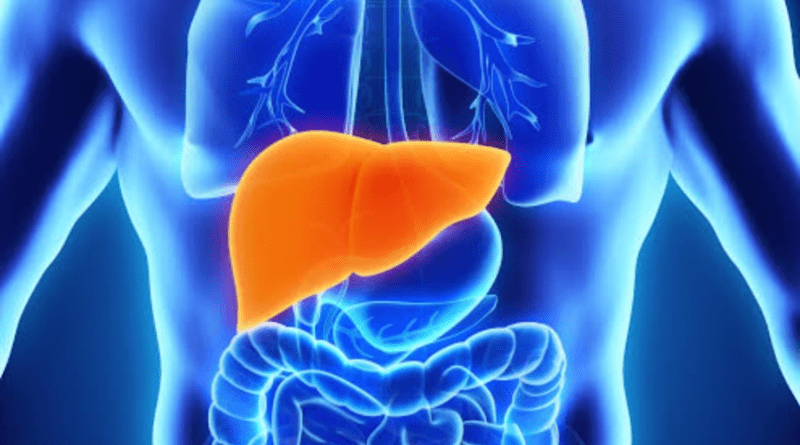NEW:Here’s How To Keep Your Liver In Good Shape.
The liver is one of the most vital organs in the body, performing hundreds of functions. It aids in the breakdown of lipids, the removal of toxins and other dangerous compounds from the blood, and the battle against infections. Your liver can mend itself and even sprout, but there comes a time when it is beyond repair.
Unfortunately, you can have liver disease without knowing it because symptoms normally do not appear until the condition is advanced. As a result, it’s critical to take precautions to keep your liver healthy.
So here’s a list of things you can do to avoid liver illness. Some of them are beneficial habits that you already practice. Others might not have occurred to you. Follow these guidelines to keep your liver in good health.
Don’t Take Too Much Acetaminophen:
It’s in over 600 medications, including numerous cold and flu medications. Most adults should not exceed 4,000 milligrams per day. More could be harmful to your liver. Take no more than one acetaminophen product per day, and never take more than what the label directions prescribe.
Consume alcohol with caution:
If you believe that cirrhosis of the liver solely affects longtime, inebriated alcoholics, you’re mistaken. Just four ounces of hard liquor per day for men (two for women) can start to harm your liver.
Toxins should be avoided by washing produce:
Toxins and pesticides can harm your liver. Read the safety labels on the chemicals you use.
Take your medications on time:
Though acetaminophen is the most frequent prescription that might affect your liver, other medications can as well, especially if you don’t take them as prescribed. It may also be affected by your genes, other medicines, and diet. Speak with your doctor if you feel tired, queasy, or itching after starting a new medication, or if you develop yellowing skin or eyes (jaundice). Some examples include statins for high cholesterol and some antibiotics (amoxicillin, clindamycin, and erythromycin).
Examine your supplements:
They are responsible for nearly a fifth of all liver damage. Herbs like borage, comfrey, groomwell, and coltsfoot contain “pyrrolizidine alkaloids,” which can clog the tiny blood channels inside the organ over time or all at once (if taken in large quantities). Other herbs that can induce liver problems include Atractylis gummifera, celandine, chaparral, germander, and pennyroyal oil (used in tea).
When should you go to the emergency room?
emergency room near you, use the following guidelines:
CONFUSION: mind is foggy. I’m so disoriented and sleepy that I can’t do anything.
sick with a fever and can’t stop shivering.
JAUNDICE: eyes have turned yellow.




